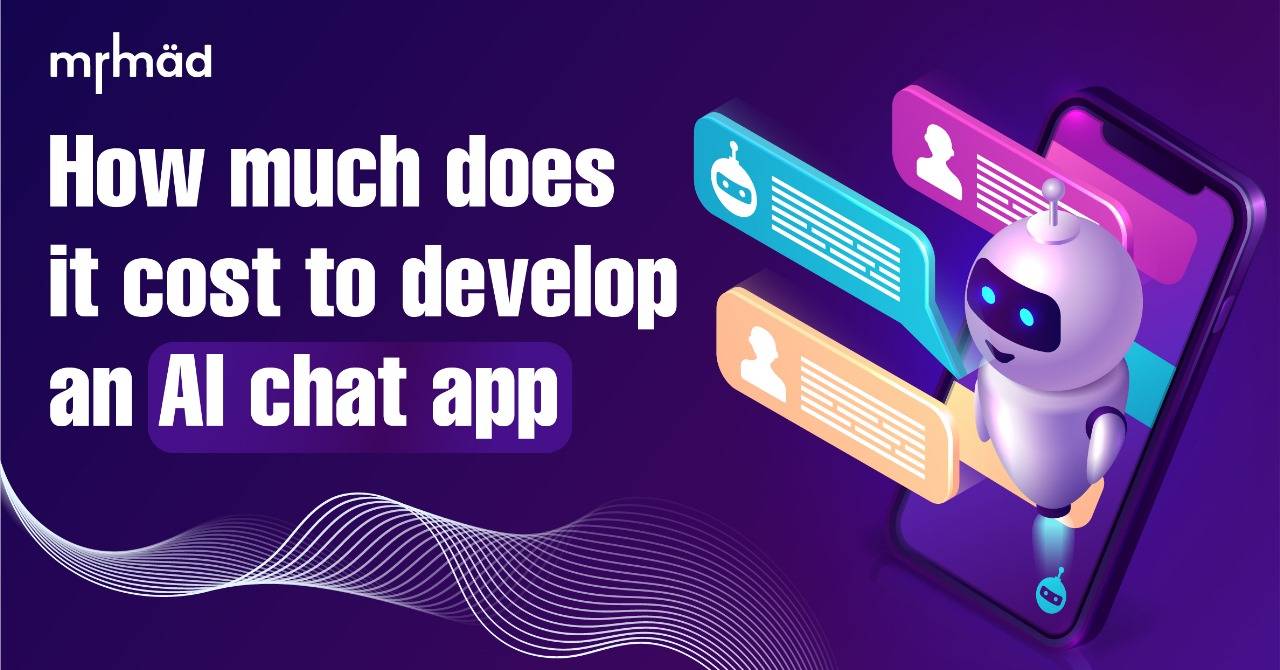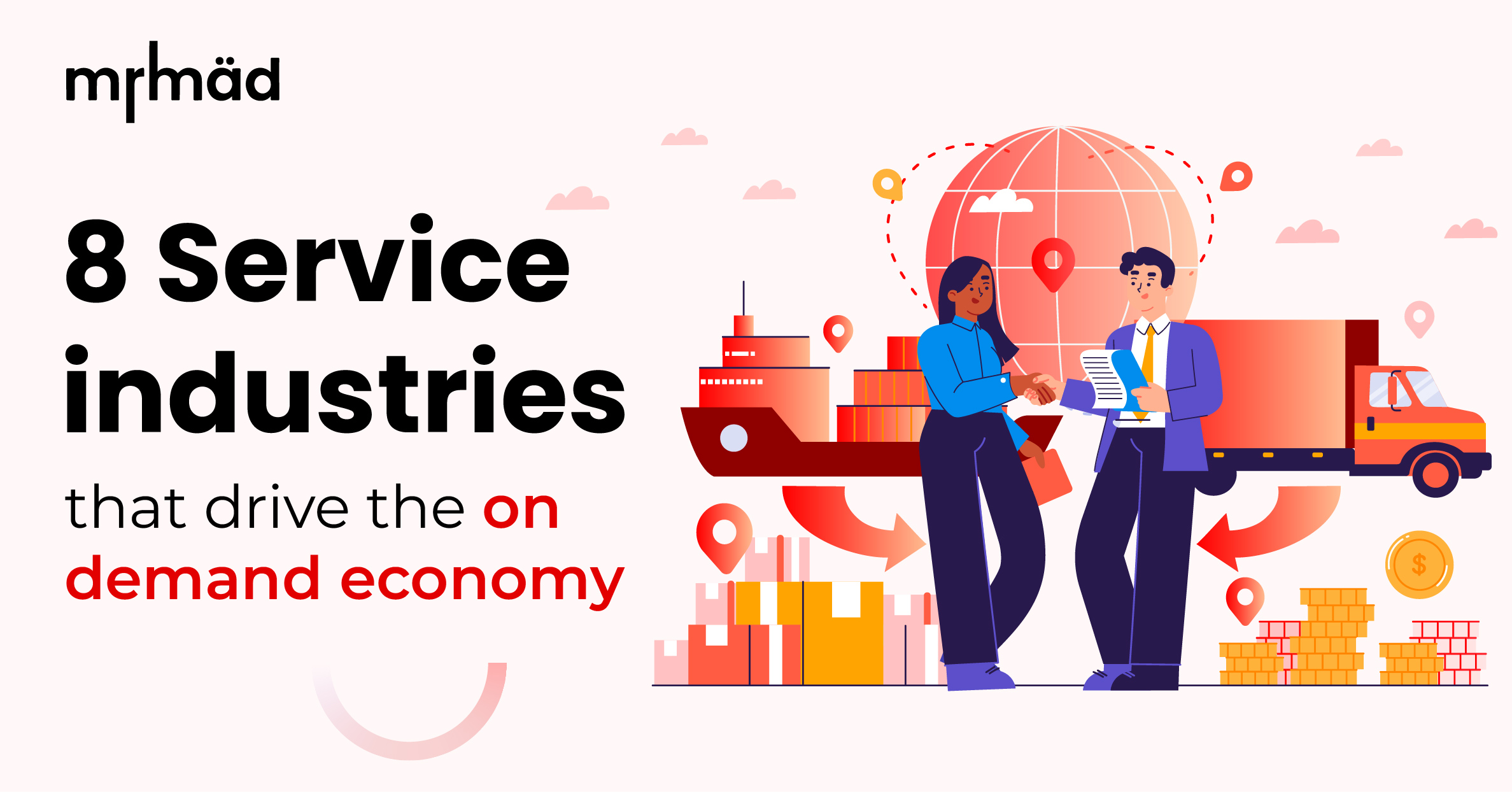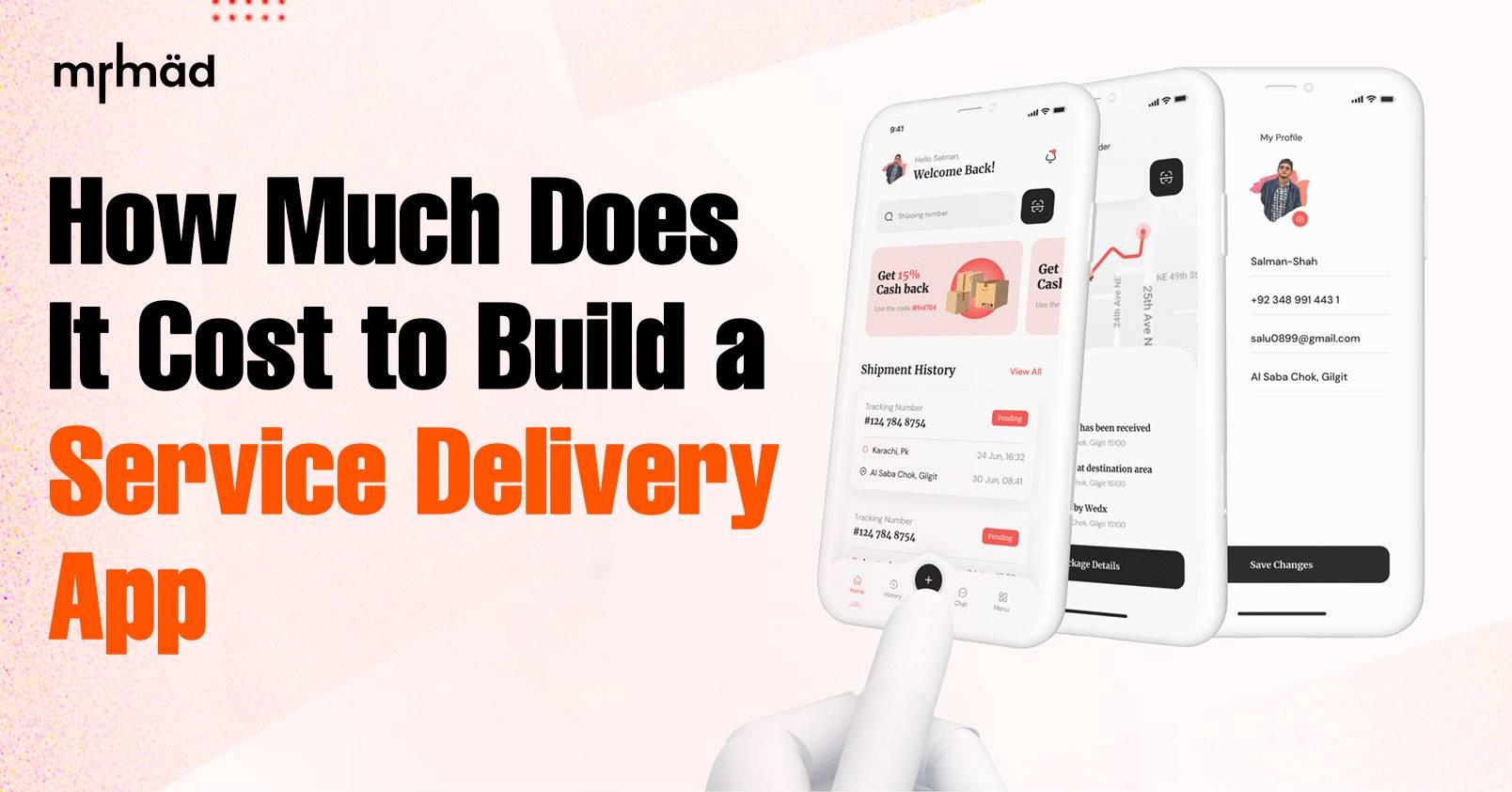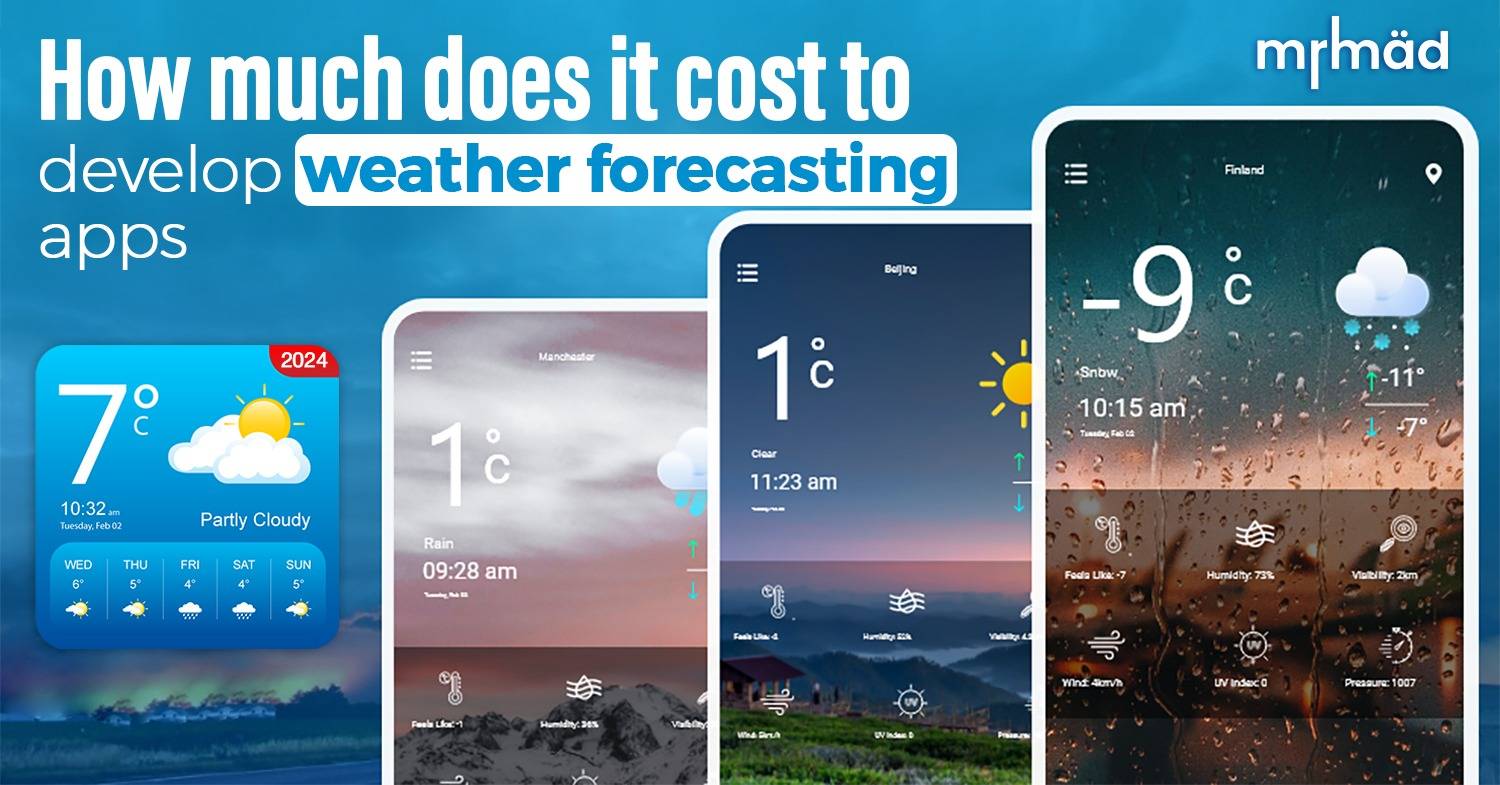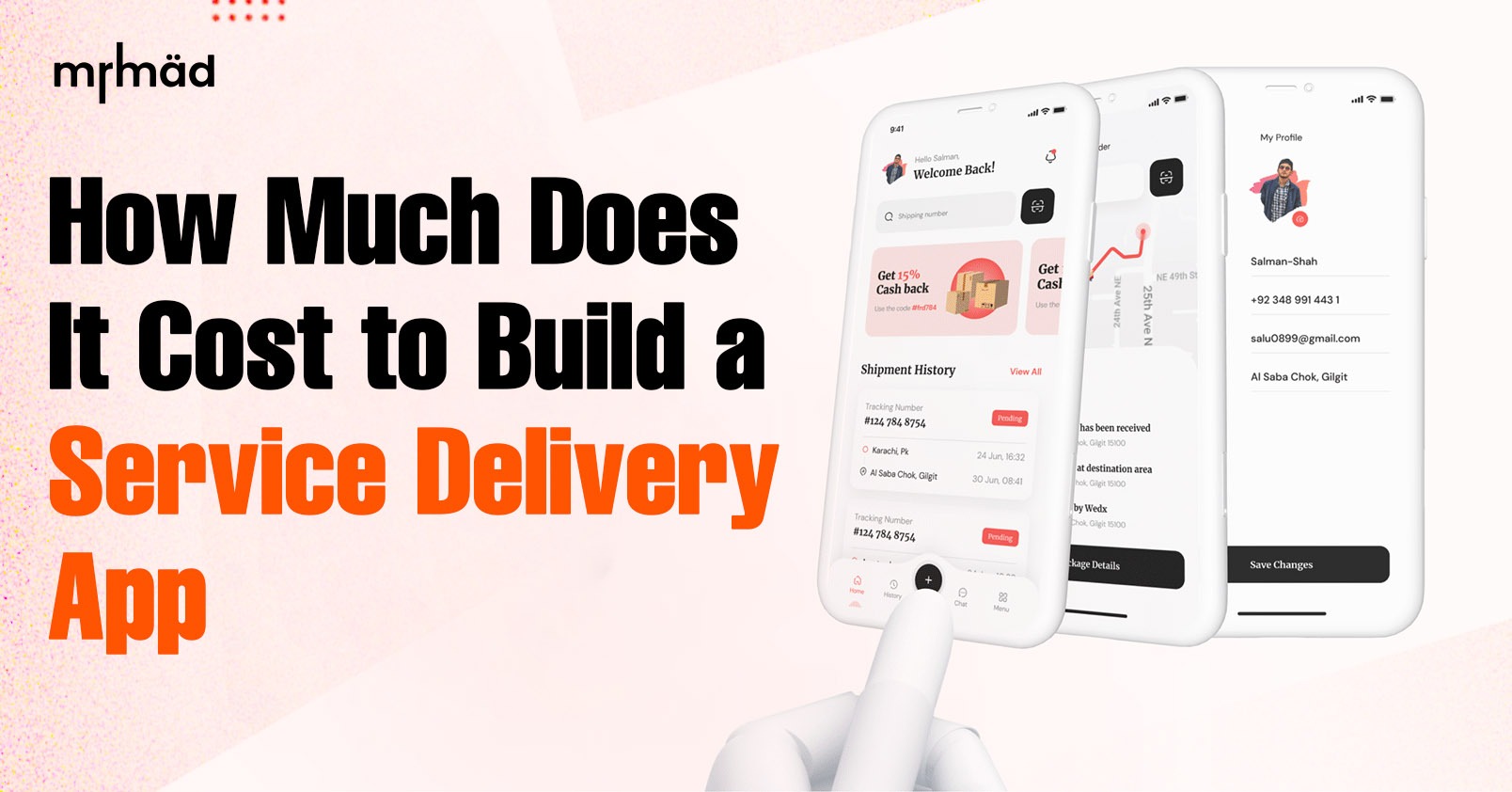Telemedicine Services Telemedicine is revolutionizing the healthcare industry by allowing patients to connect with doctors and healthcare professionals remotely. It’s a perfect solution for those who cannot travel to the clinic, have mobility issues, or simply want to avoid the hassle of waiting in line at the doctor’s office. The rise of telemedicine is an excellent example of how technology can make healthcare more accessible and affordable for all. Fitness Services Fitness enthusiasts no longer need to stick to the gym’s strict hours to get a good workout in. With the help of on-demand fitness services, customers can enjoy personalized workouts anytime, anywhere. Many apps offer on-demand fitness classes with certified trainers who can lead customers through workouts at home, in the office, or on the go. Mental Health Services Mental health is equally as important as physical health, and the on-demand economy is beginning to recognize this. On-demand mental health services provide an avenue for those seeking help from mental health professionals. With virtual consultations, on-demand apps offer remote therapy sessions that are flexible, private, and affordable. The on-demand economy is transforming the healthcare industry, and we can expect more services to emerge that improve our overall health and wellness. | 